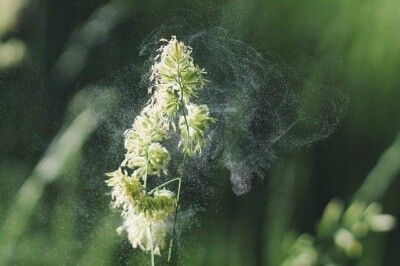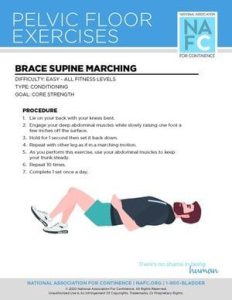Pollen allergy What alternatives can provide relief

Pollen allergy: These alternatives are available
On the shelves of pharmacies, people suffering from pollen allergy can find numerous remedies in the form of anti-allergics, which belong to the category of antihistamines.
The release of the messenger substance histamine is stopped by the active substances, whereby the overreaction of the organism to the allergens is avoided.
The antihistamines can be purchased or ordered particularly conveniently at a local pharmacy or through a mail-order pharmacy, for example, in the form of eye drops, nasal sprays or tablets.
However, for those who wish to take other measures to mitigate their pollen allergy before using anti-allergics, alternatives are also available.
Pollen allergy – Alternatives to medication
If medication is not to be used to combat allergy symptoms, the most important thing is to reduce contact with pollen as much as possible. To achieve this, different measures can be taken.
For example, it is recommended to wash your hair daily and not to take off your everyday clothes in the bedroom.
Ideally, already worn clothes should be washed directly in the short wash cycle. During the pollen flight, however, the clothing is then not to dry outdoors.
A nasal douche filled with an isotonic salt solution can also help during the pollen season. This should be applied once a day. Pollen is thus flushed from the nose, the mucous membranes of the nose are moistened and stuck mucus is loosened.
If smooth surfaces and floor coverings are present, these should be damp mopped at regular intervals. The use of a vacuum cleaner equipped with a Hepa filter is also ideal.
In addition, the pollen filter in the car should be replaced every year and regular cleaning of the air conditioning system and filter environment should be carried out.
Very sensitive conjunctivae can be protected from too much light by sunglasses. If staying outdoors, the use of a mouth-nose protection also helps to reduce contact with pollen.
Smoking should be avoided as far as possible, as the respiratory tract is irritated by smoke and the mucous membranes are thus more susceptible to the effects of the allergens.
Higher dose of antihistamines
If the symptoms of the pollen allergy are still very severe despite the measures described, the use of antihistamines can hardly be dispensed with.
In some cases, the dosage can be increased if you are suffering from excessive allergic reactions.
Some antihistamines can be taken in double doses per day like this. Treatment then still turns out to be safe.
If very severe symptoms occur, the dosage should only be increased after consultation with the doctor and not on one’s own initiative.
However, the situation is different with first-generation antihistamines. These include, for example, the active ingredients hydroxyzine and diphenhydramine.
These have a sedative effect. In the worst case, taking these older drugs can lead to traffic accidents or an unpleasant “hangover” feeling.
Particularly helpful: nasal spray containing cortisone
Nasal sprays containing cortisone also play an important role in the treatment of pollen allergies. These contain the active substance Mometason and are available in pharmacies even without prescription.
The effectiveness of nasal sprays is in many cases higher than that of antihistamine tablets.
As a rule, it is sufficient to use the nasal sprays only once a day. If necessary, however, the dose can be increased flexibly.
The full effect of the cortisone sprays, however, only develops after two to three days of use.






